Raising a Left-Brain Child in a Right-Brain World: Strategies for Helping Bright, Quirky, Socially Awkward Children to Thrive at Home and at School
Does your child: • Have impressive intellectual abilities but seem puzzled by ordinary interactions with other children? • Have deep, all-absorbing interests or seemingly encyclopedic knowledge of certain subjects? • Bring home mediocre report cards, or seem disengaged at school, despite his or her obvious intelligence? If you answered “yes” to these questions, this book is for you.
Does your child:
• Have impressive intellectual abilities but seem puzzled by ordinary interactions with other children?
• Have deep, all-absorbing interests or seemingly encyclopedic knowledge of certain subjects?
• Bring home mediocre report cards, or seem disengaged at school, despite his or her obvious intelligence?
If you answered “yes” to these questions, this book is for you. Author Katharine Beals uses the term “left-brain” to describe a type of child whose talents and inclinations lean heavily toward the logical, linear, analytical, and introverted side of the human psyche, as opposed to the “right brain,” a term often associated with our emotional, holistic, intuitive, and extroverted side.
Drawing on her research and interviews with parents and children, Beals helps parents to discover if they are raising a left-brain child, and she offers practical strategies for nurturing and supporting this type of child at school and at home. Beals also advises parents in how best to advocate for their children in today’s schools, which can be baffled by and unsupportive of left-brain learning styles.
Product Features
- Used Book in Good Condition

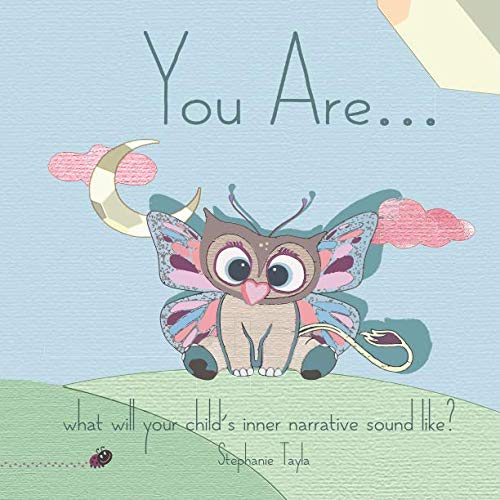
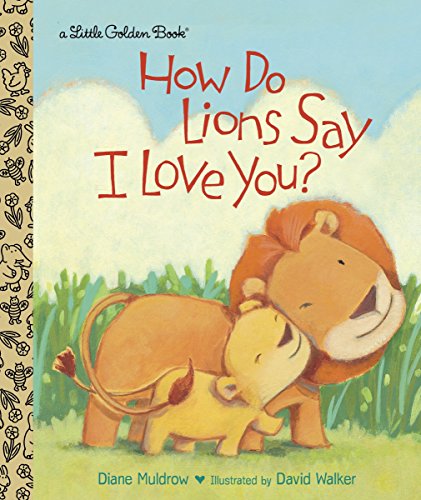
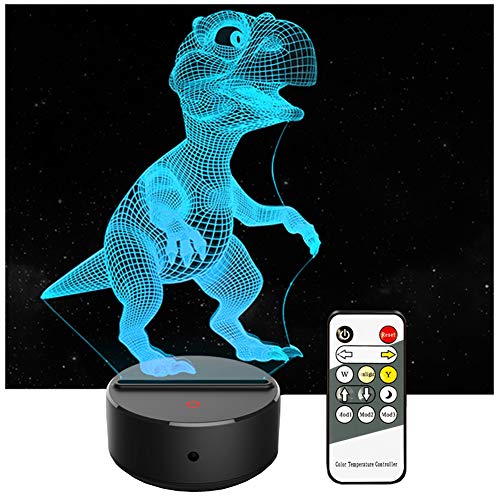

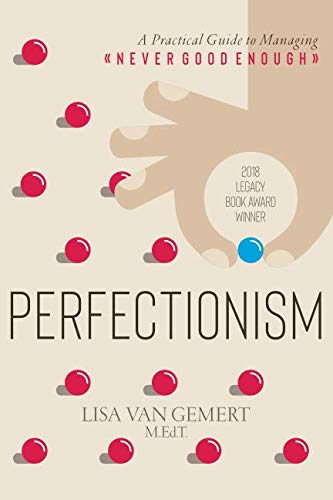
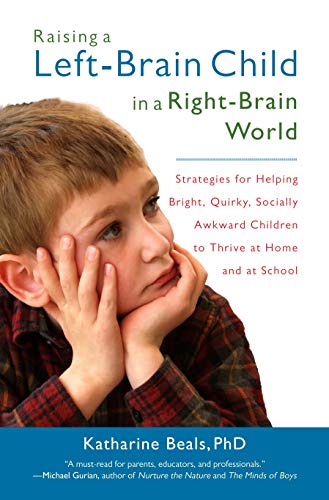
Every teacher should read this Every teacher should read this book. Every parent with a kid who doesn’t fit the mold socially should read this book.In most classrooms, there are one or two kids who don’t fit the mold: who don’t interact easily, for whom group projects are torture, and who are unable to participate fully in the modern conversational classroom. Teachers need to understand that these kids *are normal*; they aren’t broken or in need of fixing (or medicating,) and they are not developmentally…
GET THIS BOOK! I read all the reviews… good and bad and ultimately decided to give it a try. I’m telling you this is an amazing book! My son was diagnosed with Hyperlexia without autism and he has a really tough time expressing himself and is very stubborn and can be difficult. Don’t get me wrong he is still himself lol I just have some tools now and THEY ARE WORKING! I made a visual representation of “the hub” to help him transition his thoughts and feelings and his speech therapist loves it and the…
It’s as if it were about us! I am so thankful to have come across this book. It is as if it were written after following my son and I around for a year or so. Many of the case studies are almost identical to situations I have faces with my highly introverted, math-oriented second grader. It is such a blessing to now that there are any others out there struggling with the same things we are. I will be buying a copy for each of my sons’s teachers next year!